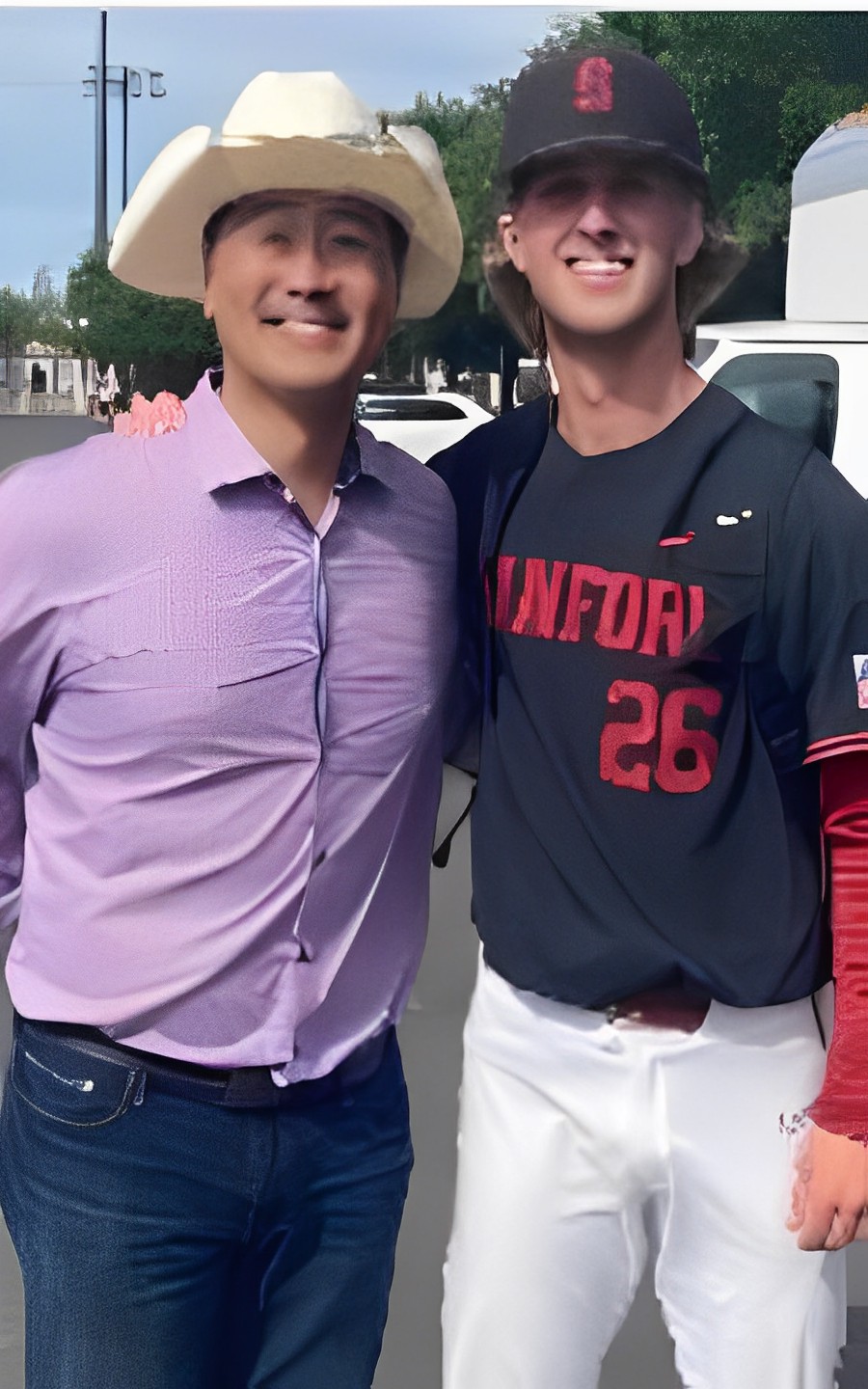Question 9 at #CS183B, “How do deal with a startup thats sorta growing?” #NoFocusOnFirst17steps https://t.co/2uTNKUsdOQ
— Larry Chiang (@LarryChiang) October 1, 2014
by Larry Chiang
Founders do not focus on the first 17 steps. My theorem is that founders skip because I see the steps they should take, but do not.
The theorem has a proof in the real world: Paul Graham’s lecture 3, CS 183b. PG’s own lecture does not get focus on “Do things that don’t scale” until the 44 minute mark.
#NoFocusOnFirst17steps
Mentoring people to “Do things that don’t scale” is incredibly UNPOPULAR.
Telling CS majors to sell, is so unpopular.
Y Combinator has time and time again inferred and implied and connotated that you should sell. These mentorship snippets are at “#dttdsBHM + YC partner name”
For my father’s sake, learn sales techniques even if you went and go to MIT. He did and it took him 30 years to finally break down and sell something. Tom Chiang was the youngest brother, at the best school, and best looking. But wayyyyy risk adverse.
I curated his journey into the DTTDS (#dttdsBHM) in a hashtag called #TCEET.
Step 1: Arbitrage something by selling it first and then buying it
(hat top Paul Buchheit: “Sell first and then code it”)



 Duck9 is a credit score prep program that is like a Kaplan or Princeton Review test preparation service. We don't teach beating the SAT, but we do get you to a higher credit FICO score using secret methods that have gotten us on TV, Congress and newspaper articles. Say hi or check out some of our free resources before you pay for a thing. You can also text the CEO:
Duck9 is a credit score prep program that is like a Kaplan or Princeton Review test preparation service. We don't teach beating the SAT, but we do get you to a higher credit FICO score using secret methods that have gotten us on TV, Congress and newspaper articles. Say hi or check out some of our free resources before you pay for a thing. You can also text the CEO:







